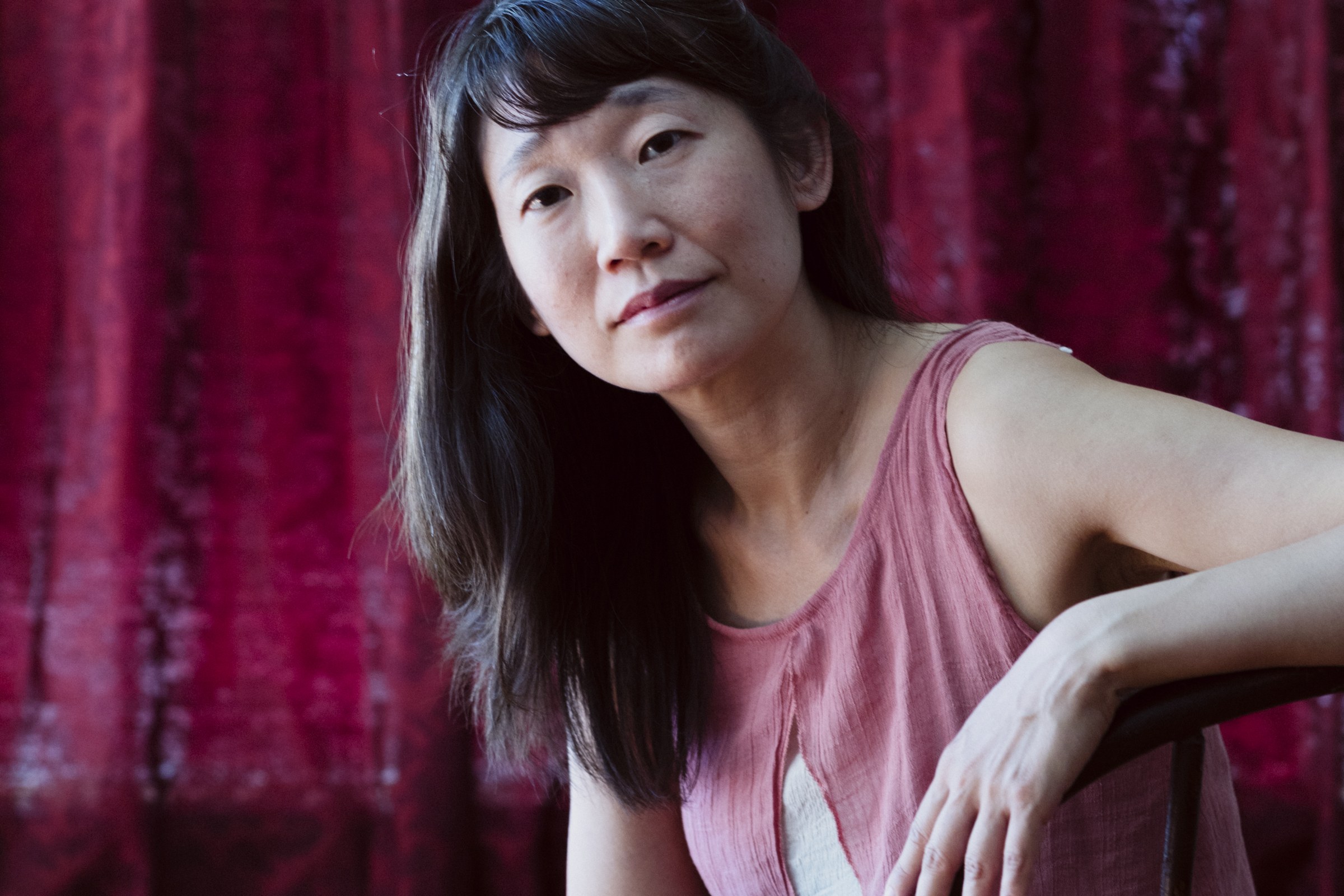The Book of Records
Madeleine Thien
Granta, £20, pp368
On the twelfth floor of a mysterious housing complex called the Sea, a girl named Lina lives with her ailing father, Wei, refugees both from China’s Foshan in a flooded near-future. Their single room contains the few possessions they’ve rescued, among them a photograph in which their family remains intact – Lina’s mother, brother and beloved great-aunt smiling alongside them – and three blue-covered books, part of a 90-volume series titled The Great Lives of Voyagers.
Number three in these titles, snatched randomly in haste, is about Tang dynasty poet Du Fu, number 70 the 17th-century philosopher Baruch Spinoza, and number 84 Hannah Arendt, the 20th-century political theorist. Again and again, Lina reads them but their stories acquire fresh depth when she discovers a secret door, behind which live Jupiter, Bento and Blucher, an eccentric trio whose names and knowledge teasingly suggest that they are manifestations of those same wandering wonderers from the past.
Madeleine Thien’s intricate and dazzlingly expansive fourth novel, The Book of Records, arrives almost a decade after Do Not Say We Have Nothing, which won awards in her native Canada and was shortlisted for the Booker prize and the Women’s prize for fiction in the UK. It’s easy to imagine where the years went, for despite this new work’s airy, open prose and the compelling stillness at its core (even shouting is heard as a whisper on occasion), it grapples throughout with profound philosophical puzzlers, continually setting complex ideas about the likes of fate, betrayal and intellectual resilience spinning through time and space.
Nothing is incidental, either. A bookshop’s name, a ginger cat, the choice of the word “perforated” – these details and more recur across storylines whose borders prove porous, blending past, present and future in a Möbius-like continuum.
While it draws with ease on physics and philosophy, mathematics and computing, this is a novel with as much to offer the heart as the mind. Du Fu’s lifelong rejection by the establishment, Spinoza’s excommunication and Arendt’s escape across Nazi Europe all make for breath-catching, intimate drama alive with peril, romance and courage – humour, too. (Arendt, in particular, loves a bad joke, including one that begins: “The past, present and future walk into a bar…”)
Thien has made history, and the idea of history, central to her increasingly ambitious oeuvre, previously drawing on the brutalities of Mao’s Cultural Revolution and the crushing of the Tiananmen Square protests, as well as the Cambodian genocide of the 1970s. Here, she expands history to include humankind’s future, thanks to Wei’s life story, which he eventually shares with Lina. His work as a “cyber systems engineer” was, we learn, infinitely more complicated and a good deal more sinister than that job title suggests, ultimately explaining how he and Lina came to be separated from the rest of their family, and why he’s so reluctant to journey onwards.
If the heartbreak of his story echoes elements of those other tales, then along with a sliver of consolation come timely questions of how history might be set down in a way that thwarts its endless repetition. “It’s not that a listener forgets, but that the one who survives to tell the story is always addressing a changed world,” Wei tells his daughter. One weakness in this novel is Lina herself, who can seem hazy compared with her storied companions. Even so, this doesn’t feel quite the flaw that it might in another kind of narrative. She is, it turns out, looking back on events from a distance of half a century, and the enduring enigmas that she carries to its close are integral to her and the book.
Newsletters
Choose the newsletters you want to receive
View more
For information about how The Observer protects your data, read our Privacy Policy
Throughout, characters have tested literature to its limits, rereading until bindings disintegrate and subjecting the words they contain to similarly arduous scrutiny. “Pack a book that can withstand a thousand readings,” Arendt’s husband advises when they’re to be interned by the French authorities. The Book of Records is one such volume.
Order The Book of Records at observershop.co.uk for a special 20% launch offer. Delivery charges may apply
